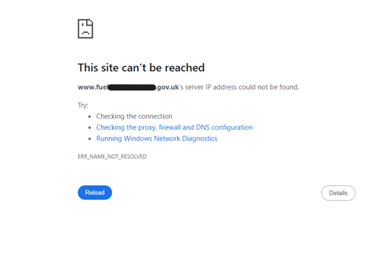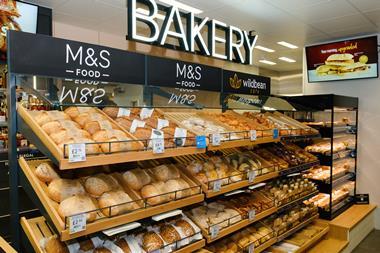“The first test for the Government’s Energy Resilience plan has been an embarrassing failure with potentially serious consequences for the economy,” said Brian Madderson, RMI Petrol chairman.
“When the Government created a fuel crisis and started the ’panic-buying’ spree by motorists and businesses just two weeks ago, it provided an unexpected opportunity to test the UK’s Energy Resilience for road fuels for the first time since the infamous blockade in September 2000 brought the country to a near standstill," said Madderson.
“As a result of the devastating number of forecourt closures, with 6,000 wiped out in a little over 12 years, the remaining filling stations across the UK were virtually emptied within just a few days. Another factor was much lower forecourt stock levels due to ever higher Government taxation and the cost of crude oil on global markets. Fuel ’run-outs’ hit motorists and retailers alike with many being forced to close as stock replenishment took several days to complete. Our Energy Resilience was tested and found wanting.
“Fortunately, the National Emergency Plan – Fuel, was not implemented at that time, as a representative sample of independent forecourt operators with Designated Filling Stations (DFS) has suggested the scheme is not “fit-for-purpose”. This comment particularly related to the lack of engagement by Local Resilience Forums (LRF) and the administration by the Department for Energy & Climate Change (DECC).”
In 1998, the Office of Fair Trading (OFT) had looked at the market for petrol and cleared the aggressive pricing tactics of supermarkets as being in the consumer’s interest. The report admitted that such a finding might force closure of independent sites and severely impact rural communities, who would have to drive further to fill up.
"Government did nothing to temper this controversial report," said Madderson. "With another 400 filling stations closing in 2011 (Energy Institute), the trend continues and will continue until such time as Government takes decisive action to protect the UK’s refuelling network."
RMI Petrol submitted evidence from independent forecourts to the OFT in mid-February and requested that a new market study be initiated under the Enterprise Act 2002. An announcement is expected shortly.
Meanwhile, Brian Madderson welcomed the news last week that the Federal Cartel Office (FCO) in Germany is to open an investigation into the activities of the main petroleum companies in their retail fuels market. The FCO believe five companies supplying two thirds of the market constitute an oligopoly. The same five companies operate in the UK market.
The concern in Germany, as in the UK, follows complaints that the independent filling stations are charged higher wholesale prices than the oil companies’ retail prices on their own filling stations – thus leaving them vulnerable to predatory sales tactics.
Commenting on FCO investigation, Madderson said: “There are also serious concerns in the German market about below-cost selling of petrol. This is one of the complaints levelled at UK supermarkets by our members in the submission to the OFT.
“The findings of both the FCO and the OFT are awaited with renewed interest. This is an opportunity for Government to learn from the mistakes of the recent ‘panic-buying’ spree and take decisive action that will shore up the Energy Resilience of our retail road transport fuels for the future.”

































No comments yet